
This book studies the foundations of quantum theory through its relationship to classical physics. This idea goes back to the Copenhagen Interpretation (in the original version due to Bohr and Heisenberg), which the author relates to the mathematical formalism of operator algebras originally created by von Neumann. The book therefore includes compr...
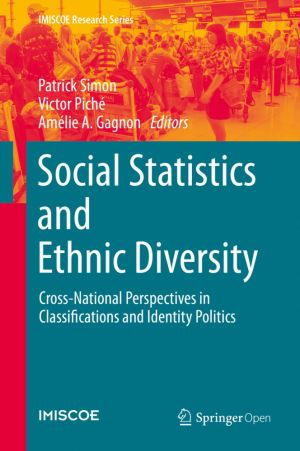
This book examines the question of collecting and disseminating data on ethnicity and race in order to describe characteristics of ethnic and racial groups, identify factors of social and economic integration and implement policies to redress discrimination. It offers a global perspective on the issue by looking at race and ethnicity in a wide vari...
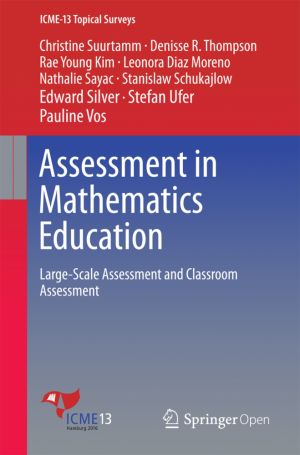
This book provides an overview of current research on a variety of topics related to both large-scale and classroom assessment. First, the purposes, traditions and principles of assessment are considered, with particular attention to those common to all levels of assessment and those more connected with either classroom or large-scale assessment. A...

This book explores how the socially disputed period of the Cold War is remembered in today's history classroom. Applying a diverse set of methodological strategies, the authors map the dividing lines in and between memory cultures across the globe, paying special attention to the impact the crisis-driven age of our present has on images of the...

This book contains 157 problems in classical electromagnetism, most of them new and original compared to those found in other textbooks. Each problem is presented with a title in order to highlight its inspiration in different areas of physics or technology, so that the book is also a survey of historical discoveries and applications of classical e...
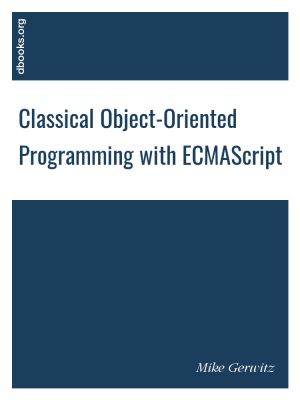
ECMAScript (more popularly known by the name "JavaScript") is the language of the web. In the decades past, it has been used to augment web pages with trivial features and obnoxious gimmicks. Today, the language is used to write full-featured web applications that rival modern desktop software in nearly every regard and has even expanded ...
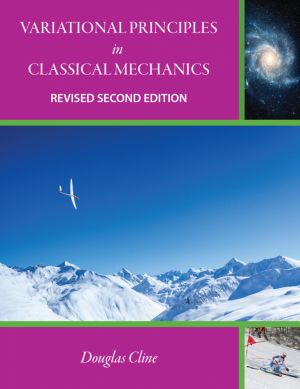
Two dramatically different philosophical approaches to classical mechanics were proposed during the 17th - 18th centuries. Newton developed his vectorial formulation that uses time-dependent differential equations of motion to relate vector observables like force and rate of change of momentum. Euler, Lagrange, Hamilton, and Jacobi, developed power...
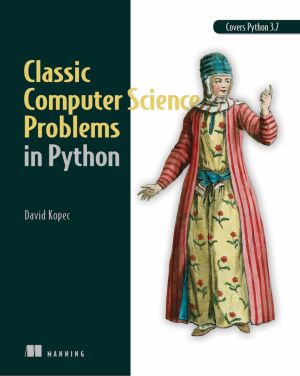
Classic Computer Science Problems in Python deepens your knowledge of problem solving techniques from the realm of computer science by challenging you with time-tested scenarios, exercises, and algorithms. As you work through examples in search, clustering, graphs, and more, you'll remember important things you've forgotten and discover c...
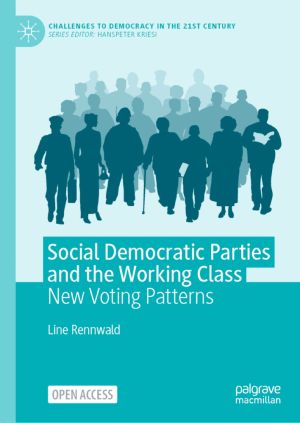
This open book carefully explores the relationship between social democracy and its working-class electorate in Western Europe. Relying on different indicators, it demonstrates an important transformation in the class basis of social democracy. At the beginning of the twenty-first century, the working-class vote is strongly fragmented and social de...

This open book focuses on the dimensions of the discourse of 'The World Class University', its alleged characteristics, and its policy expressions. It offers a broad overview of the historical background and current trajectory of the world-class-university construct. It also deepens the theoretical discussion, and points a way forward out...
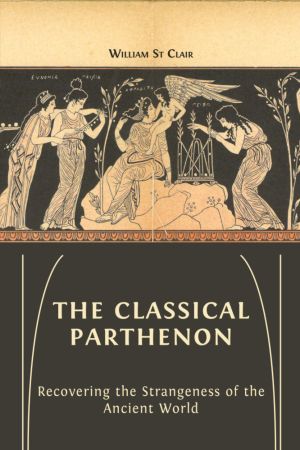
Complementing Who Saved the Parthenon? this companion volume sets aside more recent narratives surrounding the Athenian Acropolis, supposedly 'the very symbol of democracy itself', instead asking if we can truly access an ancient past imputed with modern meaning. And, if so, how?
In this book William St Clair presents a reconstructed u...
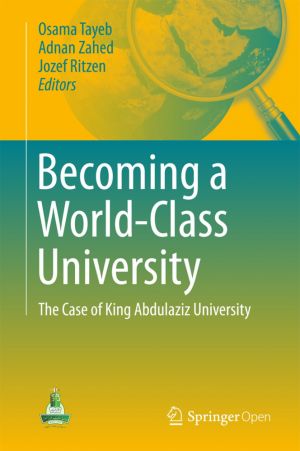
This book written by international experts in the field of educational innovation is a guide for universities to become world-class universities. It contributes to the current international intellectual debate on the future of higher education. It also tells the story of King Abdulaziz University in Jeddah (Saudi Arabia) and its effort to become a ...
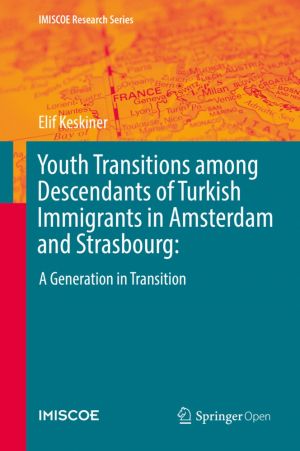
This book maps the youth transitions of descendants of migrants from Turkey living in Amsterdam and Strasbourg, through a comparative mixed-methods research design. As such, it is of interest to discussions in youth sociology, social mobility and second-generation research. The book follows transition trajectories of the second-generation, from sch...
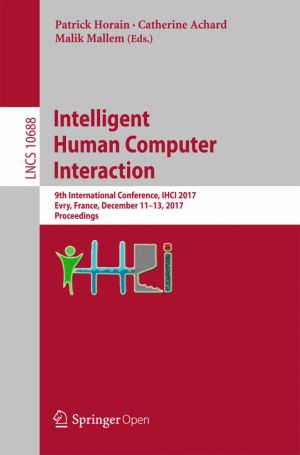
This book constitutes the thoroughly refereed proceedings of the 9th International Conference on Intelligent Human Computer Interaction, IHCI 2017, held in Evry, France, in December 2017.
The 15 papers presented together with three invited papers were carefully reviewed and selected from 25 submissions. The conference is forum for the presentation...
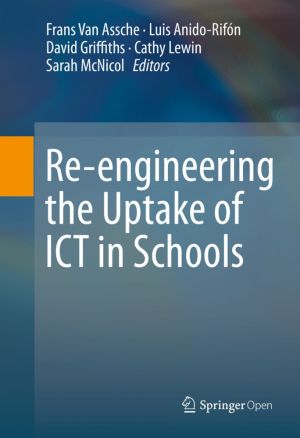
This book reports on a novel and comprehensive approach to the uptake of ICT in Schools. It focuses on key questions, pedagogically sound ways of introducing ICT, new technical artifacts supporting the approach, the evaluation in a large-scale validator, and future work. While many innovations in Technology Enhanced Learning (TEL) have emerged over...

This book shares revealing insights into the development of mathematics education research in Germany from 1976 (ICME 3 in Karlsruhe) to 2016 (ICME 13 in Hamburg). How did mathematics education research evolve in the course of these four decades? Which ideas and people were most influential, and how did German research interact with the internation...

This book offers an analytical presentation of how Europe has created its own version of collective actions. In the last three decades, Europe has seen a remarkable proliferation of collective action legislation, making class actions the most successful export product of the American legal scholarship. While its spread has been surrounded by distru...
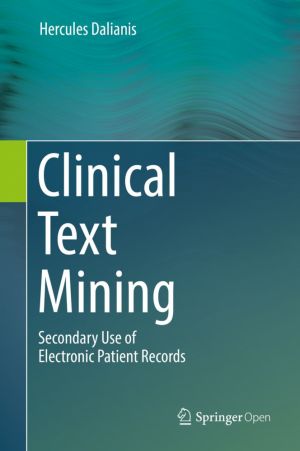
This book describes the results of natural language processing and machine learning methods applied to clinical text from electronic patient records.It is divided into twelve chapters. Chapters 1-4 discuss the history and background of the original paper-based patient records, their purpose, and how they are written and structured. These initial ch...
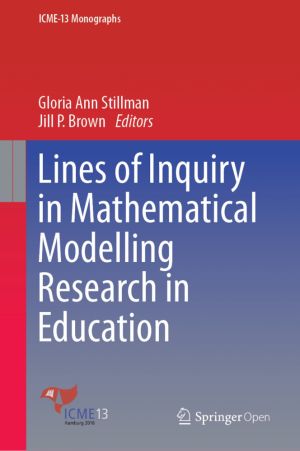
This book is based on selected presentations from Topic Study Group 21: Mathematical Applications and Modelling in the Teaching and Learning of Mathematics at the 13th International Congress on Mathematical Education (ICME 13), held in Hamburg, Germany on July 24–31, 2016. It contributes to the theory, research and teaching practice concerning th...
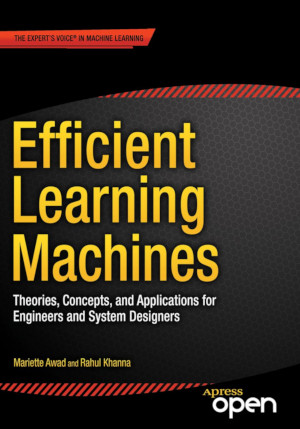
Machine learning techniques provide cost-effective alternatives to traditional methods for extracting underlying relationships between information and data and for predicting future events by processing existing information to train models. Efficient Learning Machines explores the major topics of machine learning, including knowledge discovery, cla...
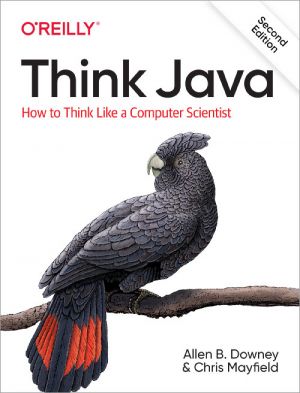
Think Java is a hands-on introduction to computer science and programming used by many universities and high schools around the world. Its conciseness, emphasis on vocabulary, and informal tone make it particularly appealing for readers with little or no experience. The book starts with the most basic programming concepts and gradually works its wa...
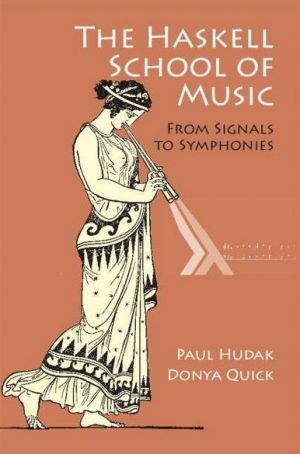
This free book explores the fundamentals of computer music and functional programming through the Haskell programming language. Functional programming is typically considered difficult to learn. This introduction in the context of creating music will allow students and professionals with a musical inclination to leverage their experience to help un...
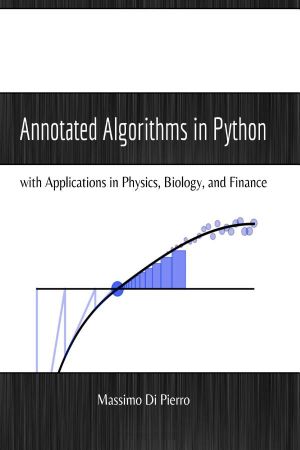
This book is assembled from lectures given by the author over a period of 10 years at the School of Computing of DePaul University. The lectures cover multiple classes, including Analysis and Design of Algorithms, Scientific Computing, Monte Carlo Simulations, and Parallel Algorithms. These lectures teach the core knowledge required by any scientis...
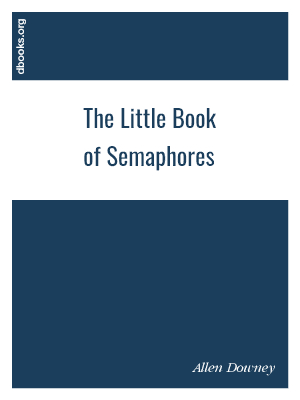
The Little Book of Semaphores is a free textbook that introduces the principles of synchronization for concurrent programming.
In most computer science curricula, synchronization is a module in an Operating Systems class. OS textbooks present a standard set of problems with a standard set of solutions, but most students don't get a good und...
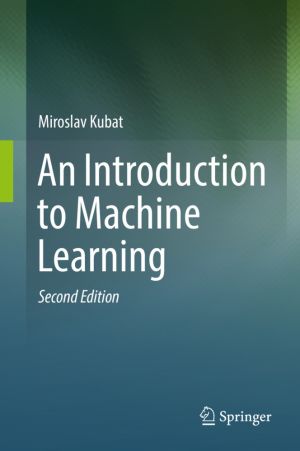
This textbook presents fundamental machine learning concepts in an easy to understand manner by providing practical advice, using straightforward examples, and offering engaging discussions of relevant applications. The main topics include Bayesian classifiers, nearest-neighbor classifiers, linear and polynomial classifiers, decision trees, neural ...
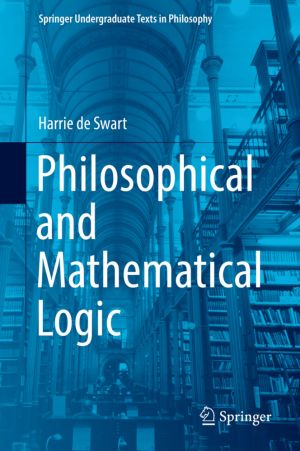
This book was written to serve as an introduction to logic, with in each chapter – if applicable – special emphasis on the interplay between logic and philosophy, mathematics, language and (theoretical) computer science. The reader will not only be provided with an introduction to classical logic, but to philosophical (modal, epistemic, deontic...

This textbook is a step-by-step tutorial on the applications of Geographic Information Systems (GIS) in environmental and water resource issues. It provides information about GIS and its applications, specifically using the most advanced ESRI GIS technology and its extensions. Eighteen chapters cover GIS applications in the field of earth sciences ...
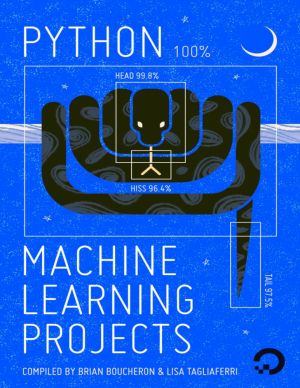
As machine learning is increasingly leveraged to find patterns, conduct analysis, and make decisions - sometimes without final input from humans who may be impacted by these findings - it is crucial to invest in bringing more stakeholders into the fold. This book of Python projects in machine learning tries to do just that: to equip the developers ...
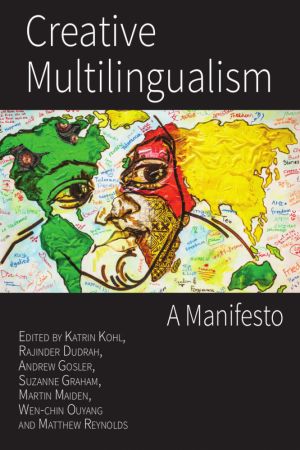
Multilingualism is integral to the human condition. Hinging on the concept of Creative Multilingualism - the idea that language diversity and creativity are mutually enriching - this timely and thought-provoking volume shows how the concept provides a matrix for experimentation with ideas, approaches and methods.
The book presents four years of ...
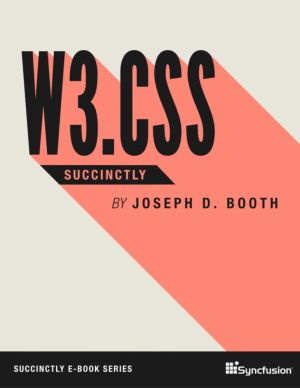
W3.CSS is a free, no-license CSS framework you can use to produce responsive websites that work across all common browsers and devices. W3.CSS is small and simple to learn, and is a worthwhile contender to consider when deciding on a CSS framework. In W3.CSS Succinctly, Joseph Booth will take you through using features such as containers and helper...
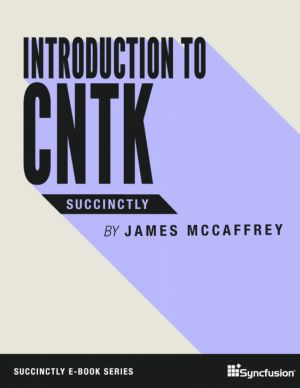
Microsoft CNTK (Cognitive Toolkit, formerly Computational Network Toolkit), an open source code framework, enables you to create feed-forward neural network time series prediction systems, convolutional neural network image classifiers, and other deep learning systems. In Introduction to CNTK Succinctly, author James McCaffrey offers instruction on...
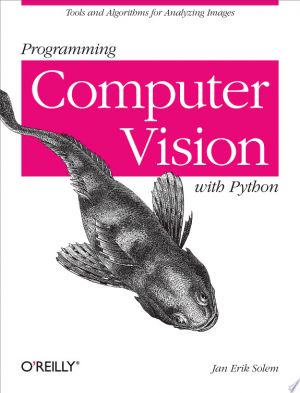
If you want a basic understanding of computer vision's underlying theory and algorithms, this hands-on introduction is the ideal place to start. You'll learn techniques for object recognition, 3D reconstruction, stereo imaging, augmented reality, and other computer vision applications as you follow clear examples written in Python.
Pro...
